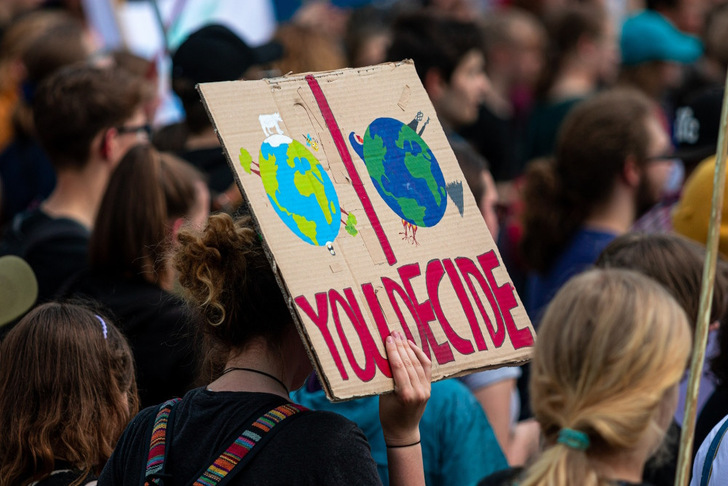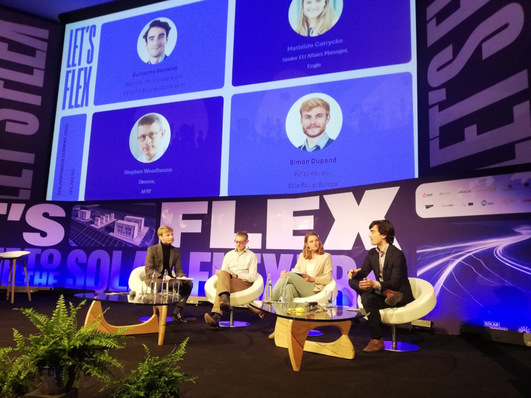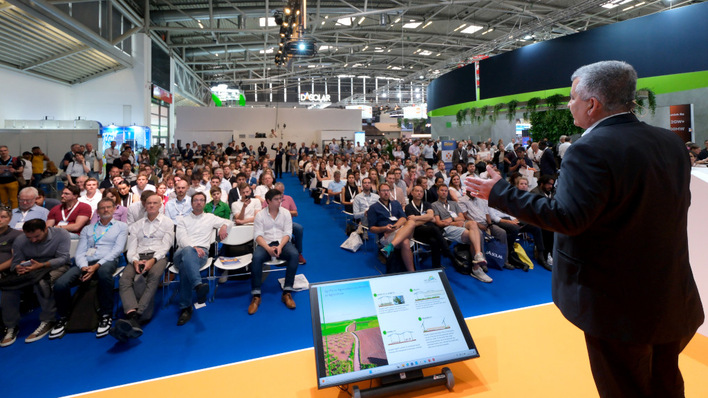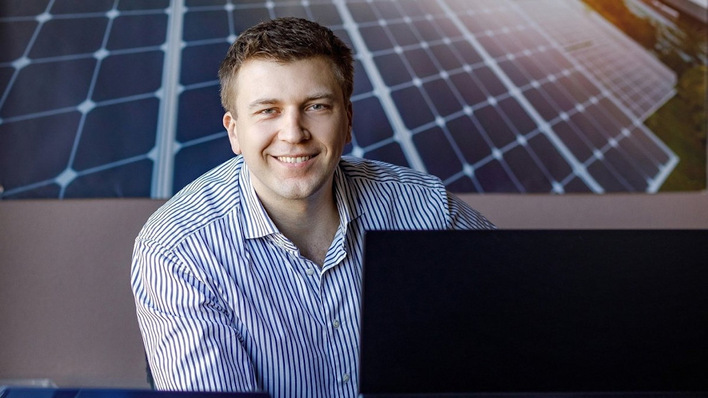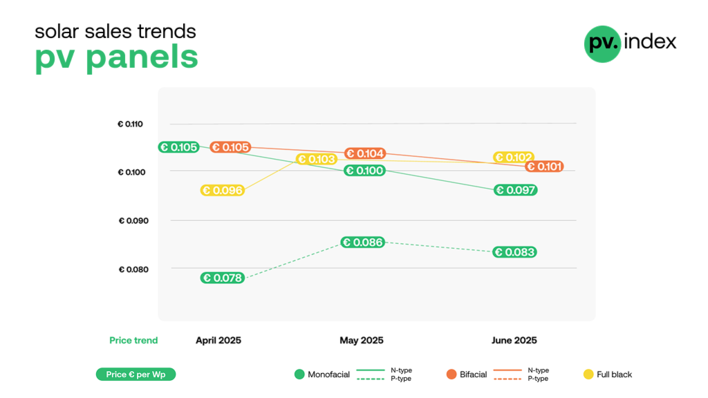"It's no longer just the fossil fuel industry that is calling climate change and climate protection measures into question with campaigns worth billions," emphasized Jennie King, Head of Climate and Research at the Institute for Strategic Dialogue (London). In addition, there are "outrage merchants" and "hostile state actors". King explained this at a webinar of the global media network Covering Climate Now (CCN), which took place in cooperation with the NGO coalition Climate Action Against Disinformation (CAAD).
Social media as a crucial mouthpiece
Social media, with its global penetration, click-through logic and algorithmic amplification, is a crucial mouthpiece for disinformation. This gives climate deniers additional attention and influence, which also spills over into the traditional media.
Be it that angry citizens try to intimidate or personally defame weather presenters with hate speech online and place them in the corner of paid "system chatterers" or "wokers" or "left-green ideologues". Or that influencers use false or contradictory claims about climate change and climate protection to knit their own business models around the "attention economy", sometimes as an extension of fossil fuel industry players.
Conspiracy theorists and climate deniers hand in hand
Conspiracy theories are also increasingly going hand in hand with climate denial, emphasized King. For example, by branding climate activists as advocates of a new imperialism or as aloof elites. At the same time, the discourse of climate deniers is shifting into their own bubbles, be it closed forums or special platforms. This makes it all the more difficult to reach them with rational arguments and to counter the agitation, which can ultimately lead to physical violence. The murder of two climate activists in Panama is the saddest recent example of increasing aggression, which is also finding its way into the political mainstream of society.
Stoking fears about climate protection measures
King also sees a trend where disinformation about climate change is no longer aimed at denying global warming itself, but at planned climate protection measures and solutions. There are often attempts to suggest that practical climate protection measures are intended to take away people's civil liberties. She also referred to the German debate on the Heating Act and heat pumps.
"It doesn't really matter if 99% of the public believe in climate change. If they are still confused about the viable ways forward, or if they manage to stir up real fears and doubts about the solutions that are on the table, then it leads to the same result: no legislative agenda, no meaningful policy proposals, no action on the ground. So they're trying to slow down that policy-making process," King recently told National Public Radio (NPR) in the US.
Also interesting: Global leaders tackle funding gap for sustainable development
Questioning greenwashing
King counts authoritarian regimes such as Russia and oil states such as Saudi Arabia among the hostile state actors that deliberately question climate protection. Oil states in particular, just like fossil fuel industries, skillfully use the communication keyboard to sell their supposedly progressive climate protection efforts to the public as well as possible (greenwashing).
This makes it all the more important to take a closer look and ask what companies such as Shell mean by net zero and what percentage of their profits they actually invest in renewable energies, emphasized Jessica Green, a political scientist at the University of Toronto (Canada). The same applies to oil-producing countries such as Nigeria or Dubai, added Frederick Mugira, water and climate journalist and founder of the "Water Journalists Africa" network (Uganda).
Did you miss that? Sustainable investment without greenwashing
Critically examining the functions of stakeholders
It is also important to critically examine the functions of stakeholders who have taken up the cause of climate protection. As a prominent example, Mugira cited the President of the COP 28 in Dubai, Sultan Ahmed Al Jaber, head of the state-owned Abu Dhabi National Oil Company (ADNOC) and President of the state-owned renewable energy company Masdar.
Jenny King also advised all media and NGO representatives attending the UN Climate Change Conferences to take digital security seriously in order to prevent data theft or misuse of smartphones, laptops or tablets. She considers the use of public Wi-Fi, scanning QR codes or using facial recognition instead of passwords to access your own device to be no-goes.
Help for the fact check
A number of international databases and research aids are available for fact-checking in the climate sector and for lobbying actors, as was made clear at the webinar. These include CCNow, CAAD, DeSmog and CSSN (Climate Social Science Network). (hcn)


